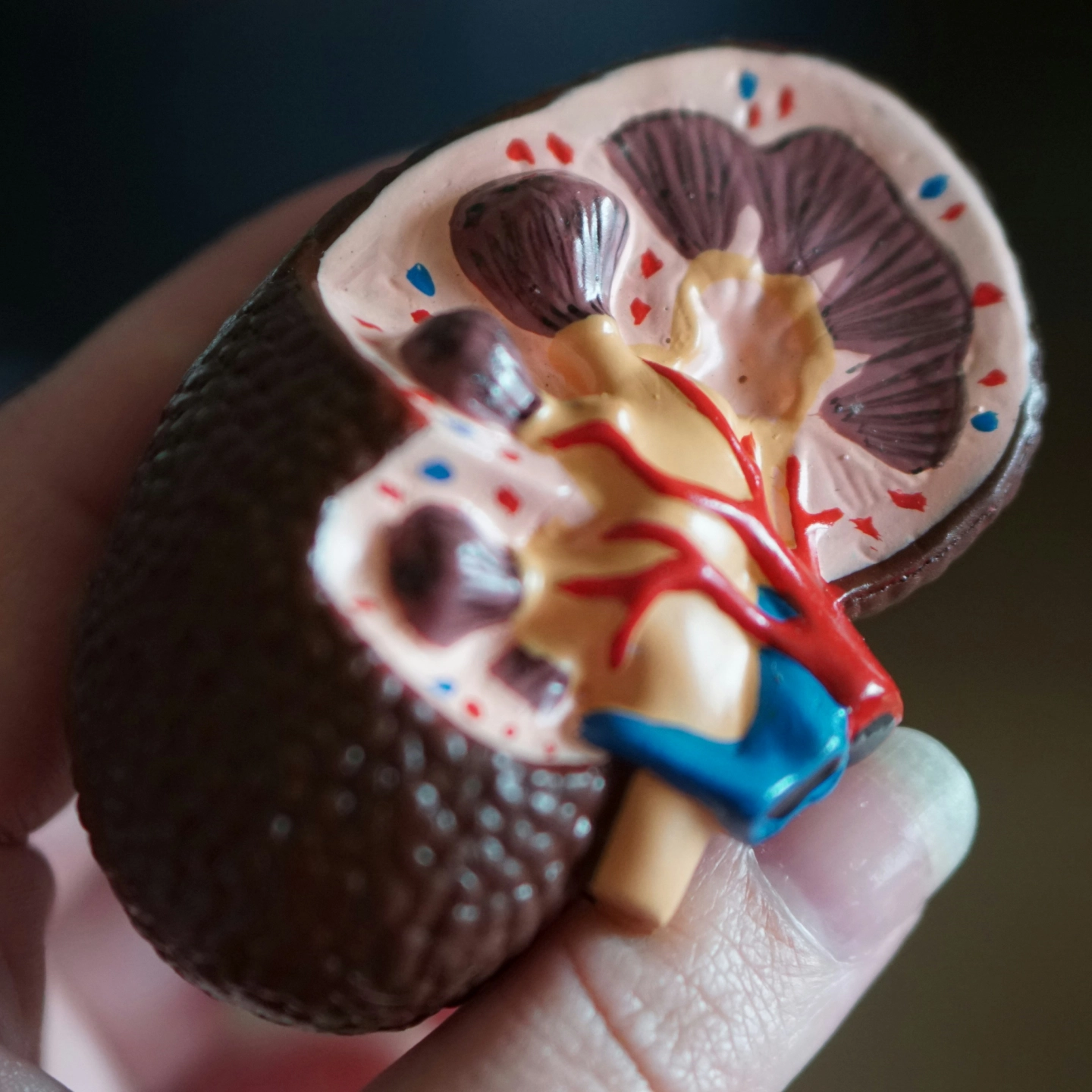Living donation is when a living person decides to donate a kidney (or other organ) to someone who needs a transplant. 6,000 organ transplants a year are made possible by living donors. The kidney is the most commonly transplanted organ from a living donor.
Positive aspects of living donation:
- A living donation makes it possible to schedule the transplant surgery at a time that is optimal for both you and your donor.
- Better genetic matches between you and your donor decrease the risk of organ rejection.
- Kidneys from living donors usually work immediately, as the kidney is removed from a healthy donor and transplanted right away.
- A living donor transplant may reduce or eliminate your time on dialysis and/or years of waiting for a deceased donor organ.
Directed donation is the most common type of living donation. In a directed donation, the donor names the specific person to receive the transplant.
The donor may be:
- Related: your biological relative, such as a parent, brother, sister or adult child
- Non-related: a biologically unrelated person who has a personal or social connection with you, such as a spouse or significant other, a friend or a coworker
In a non-directed or altruistic donation, the donor does not name a specific person to get their organ. The match is arranged based on medical compatibility with a patient in need. Some non-directed donors choose never to meet their recipient. In other cases, the donor and recipient may meet at some time, if they both agree, and if the transplant center policy permits it.
Paired donation involves two or more pairs of living kidney donors and transplant candidates who do not have matching blood types. The candidates “trade” donors so that each candidate receives a kidney from a donor with a compatible blood type. For example, Joan wants to donate to her sister Betty, but they do not have matching blood types. Jim wants to donate to his wife Donna, but they are also not compatible. By “swapping” donors so that Jim matches Betty and Joan matches Donna, two transplants are made possible. This type of exchange often involves multiple living kidney donor/transplant candidate pairs and can join incompatible pairs from different centers or even different parts of the country!
In the United States, most kidney transplants come from deceased kidney donors. Deceased donors are most often individuals who die from accidents or sudden death and have previously indicated their wish to be an organ donor or their next of kin consent to organ donation. Donor organs are matched to waiting recipients by a national registry called the Organ Procurement and Transplantation Network (OPTN). This registry is operated by the United Network for Organ Sharing (UNOS).
The current kidney allocation system, implemented in Dec. 2014, aims to provide recipients with longer function with their transplanted kidney by matching the donated kidney that has the longest potential life with the recipient who has the longest potential life with that kidney.
Once you are listed for a transplant, you will be assigned an estimated post-transplant survival score (EPTS) — a percentile score that ranges from zero to 100. The score is based on how long you will need a functioning kidney as compared to all other transplant candidates on the list. If you have an EPTS of 20, it means that you will need a kidney longer than 80 percent of all other candidates. Your EPTS will be electronically updated daily.
To determine your EPTS, four factor values are entered into a mathematical formula:
- Whether or not you are diabetic
- Your current age
- If you are on dialysis and, if so, for how long
- Previous transplantation of any organ(s)
Each available deceased kidney is assigned a kidney donor profile index (KDPI) score — a percentile score ranging from zero to 100. The KDPI is associated with how long the kidney is likely to function as compared to other kidneys, based on information about the donor. A KDPI score of 60 means that the kidney is likely to function longer than 40 percent of other available kidneys.
The KDPI is calculated based on factors including:
- Age
- Height
- Weight
- Ethnicity
- Cause of death (Loss of heart function; Loss of brain function or Stroke)
- History of high blood pressure
- History of diabetes
- Exposure to Hepatitis C
- Serum creatinine (renal function)
When a kidney becomes available and is given a KDPI score, the EPTS scores of all recipients are considered. The 20 percent of kidneys expected to last the longest (those with a KDPI score of 20 or less) will first be offered to patients likely to need a transplant the longest (those with an EPTS of 20 or less). If a kidney with a KDPI of 20 or less is not accepted for any of these patients, it will then be offered to any other person who would match, regardless of their EPTS score. Kidneys with high KDPI scores are expected to function for a shorter amount of time than others. They may be best used to help candidates who are less able to stay on dialysis for a long time, thus needing a kidney very quickly.
A common concern is that as a PKD patient, you receive fewer transplant opportunities because you would not be accumulating time on dialysis, as your kidney function declines more slowly (early in the disease). However, the remedy for this is to be evaluated and listed as early as possible.
In this case, based on the natural rate of progression of PKD, most patients should have at least several years of waiting time before being faced with dialysis, and so “preemptive” (before dialysis begins) transplantation should still be a common option. A second concern is that “all the young donors’ kidneys will be given to other groups.” This is a valid concern because PKD patients are often older on average when you reach stage 4–5 CKD.
However, two points must be considered:
- Even people into their 60s can have an EPTS under 20
- The majority of kidneys are allocated without regard to the EPTS or KDPI (all kidneys from 20–85 KDPI)
If you were on the transplant list prior to the KAS changes being made (Dec. 2014), you do not need to be reevaluated or relisted. You may be contacted by your transplant program for information, but only to ensure everything is accurate in the system. You will not lose credit for any time you have already spent waiting and if you began dialysis before you were listed, your transplant waiting time will be backdated to your first dialysis date.





